‘The Russian Bar: Why Relocate? New approaches to neighborliness and interchange’ in Helsinki
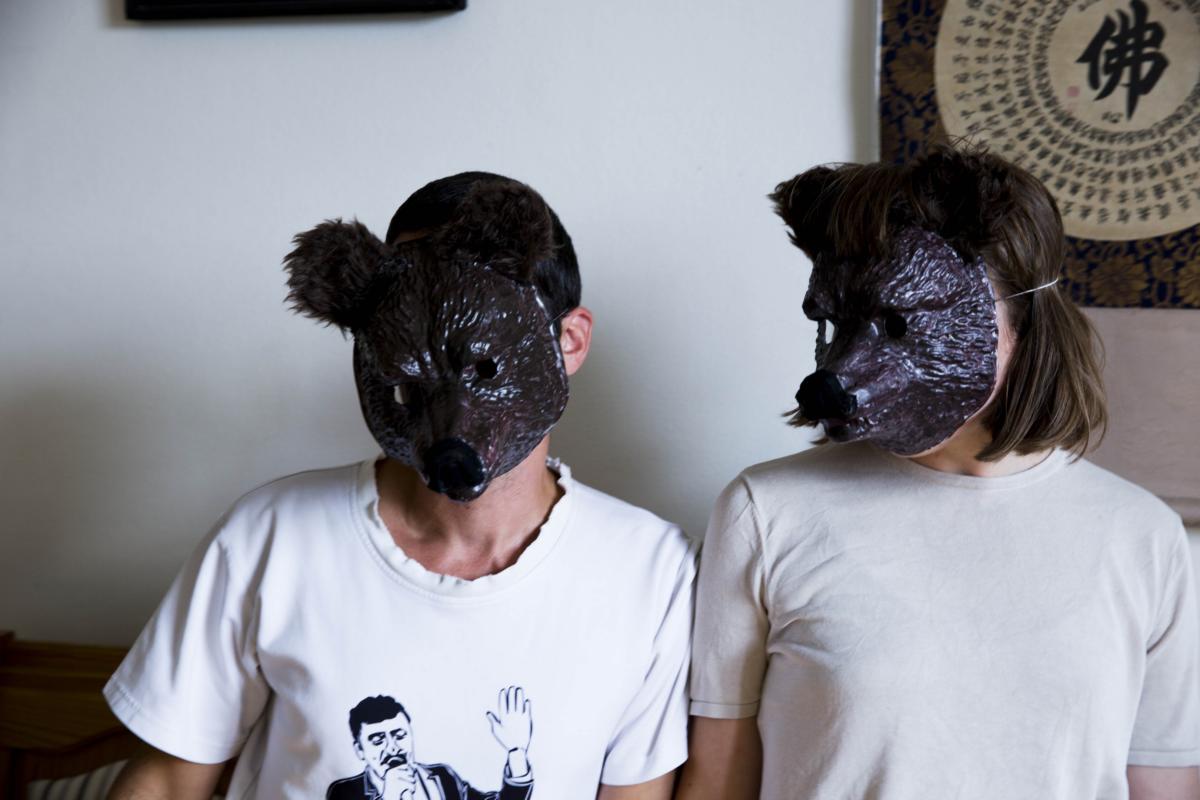
Global migration processes in the 2010s have been largely affected and transformed by political changes on the world level. Economic crises in a number of EU countries, the war in Syria, the strengthening of far-right governments, internal political changes and disappointment with reversals of policy in different societies have forced people to pursue safety and stability in other places.
In Russia, the migration outflow has come close to the level it was at in the mid 1990s, when the political and economic situation was extremely unstable. Around 120,000-150,000 people have left Russia each year since 2013, and 2014’s figures equaled the 1995 tally1. One notable feature of this wave of migration is that it includes a high number of businessmen, academics, artists, activists, journalists, and recent university graduates. Losing trust in social institutions and social order, and worried about the political and economic situation at home, representatives of the new migration wave are concerned about their prospects. Relocating can offer attractive opportunities for development on a professional and personal level and is therefore the choice of many who want to remain a part of the wider international context.
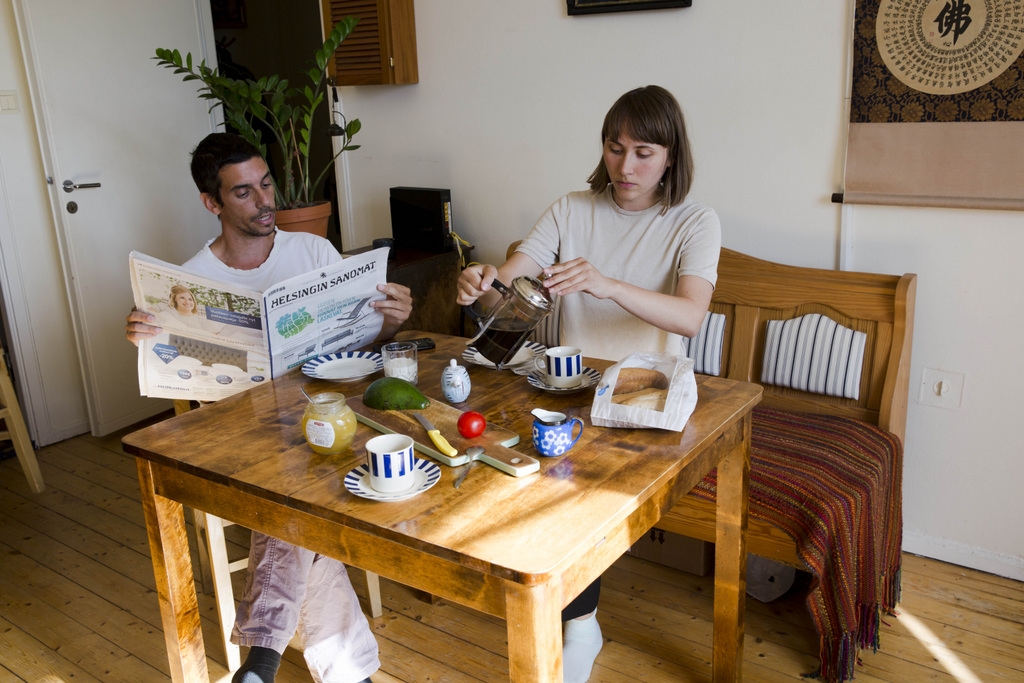
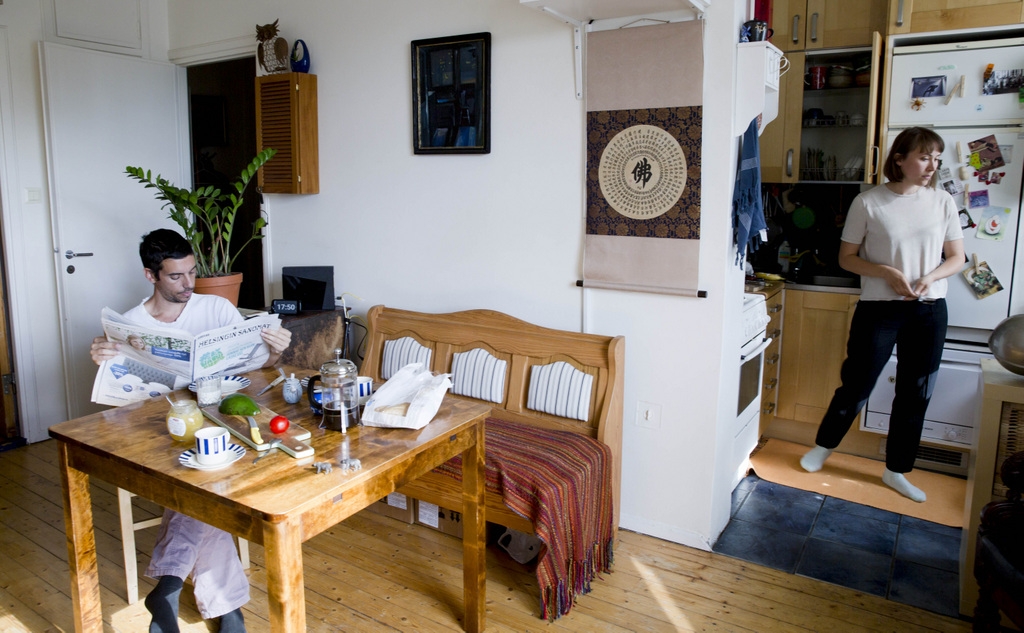

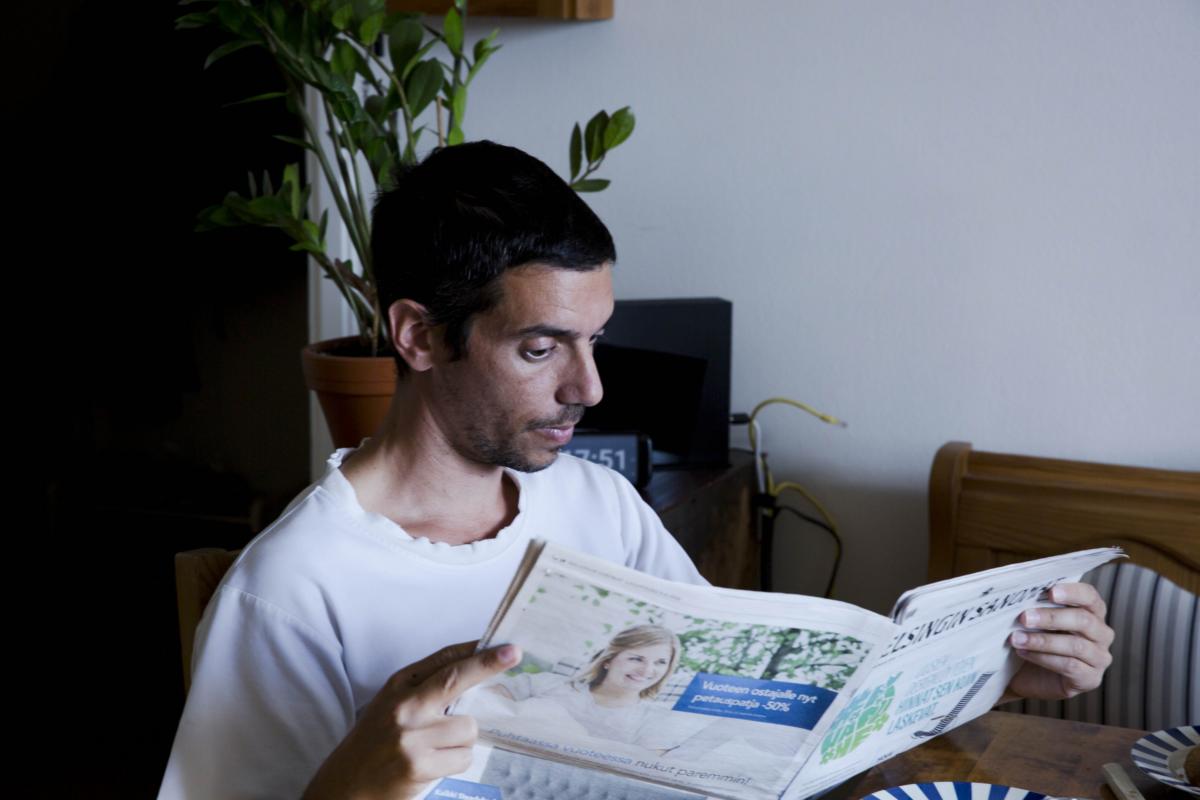
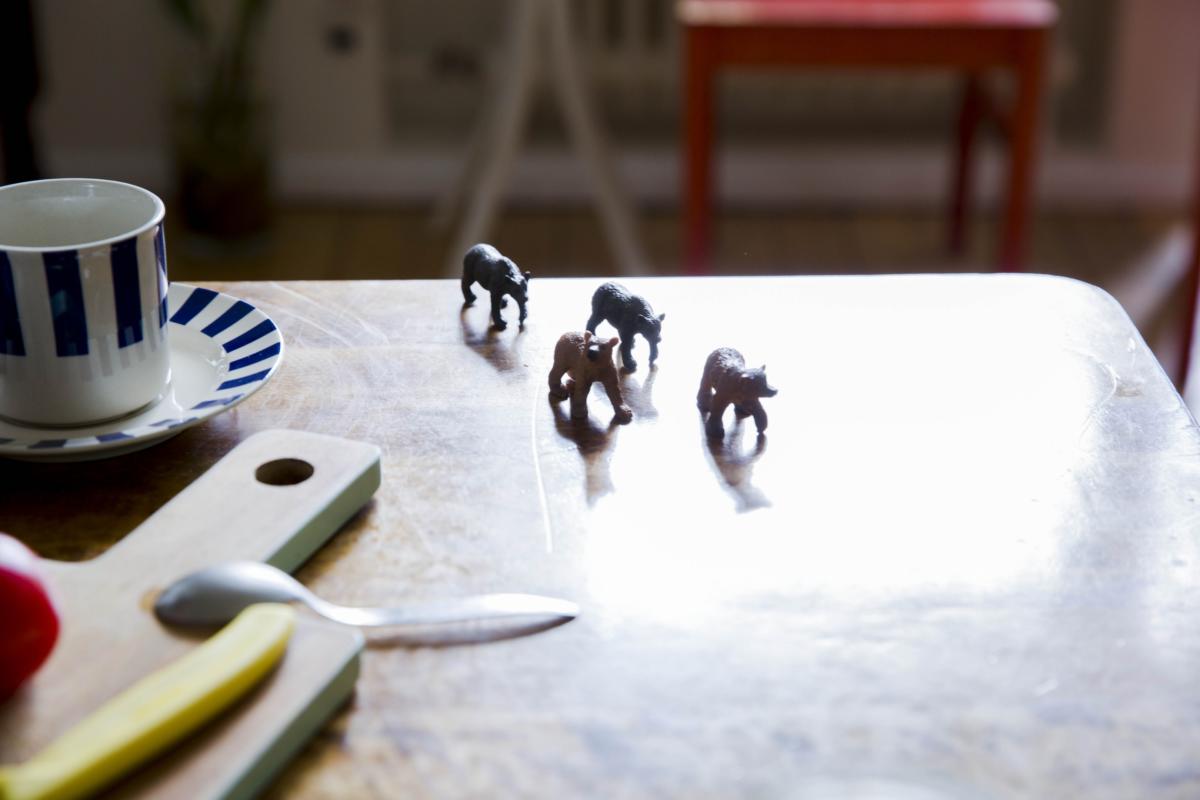
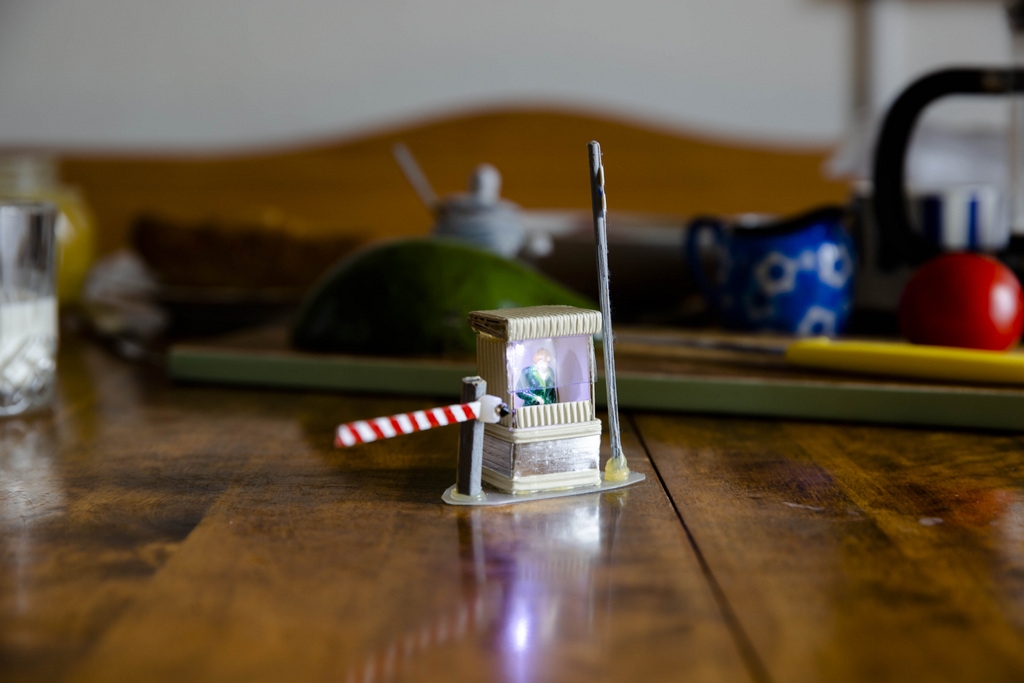
The new project by the Creative Association of Curators TOK The Russian Bar: Why Relocate? New approaches to neighborliness and interchange is driven by the curators’ intention to analyze the dynamics of migration processes fueled by the political turbulence of the past and current decades, and find new languages and ways to articulate the changes they bring for local and global professional communities. Focusing on the geographical context they have been working with since TOK was founded in St Petersburg, the curators would like to concentrate on the regional situation and revisit past and current Russian-Finnish conversations through the lens of the changing internal and external politics of the two countries.
Based on research of past and current Russian-Finnish relations, interviews with specialists on migration processes and policy, archival documents and stories of recent migrants from Russia and other countries, The Russian Bar will be presented as a series of performances, talks, artistic interventions and small-scale exhibitions in different venues in Helsinki in June and August-September 2018. Through ongoing and specially commissioned works, participating artists, social researchers, curators and art historians, who are currently based in Finland, will reflect upon their own experiences of migration, the state of transition and the reaction of Finnish society to their arrival in the light of historic and complex Russian-Finnish relations and common socialist past. They will also address other current and historical experiences of exile and displacement, roots of nationalism and social acceptance, communication and exchange, disappointment and civil powerlessness, social and cultural clashes and reciprocity.
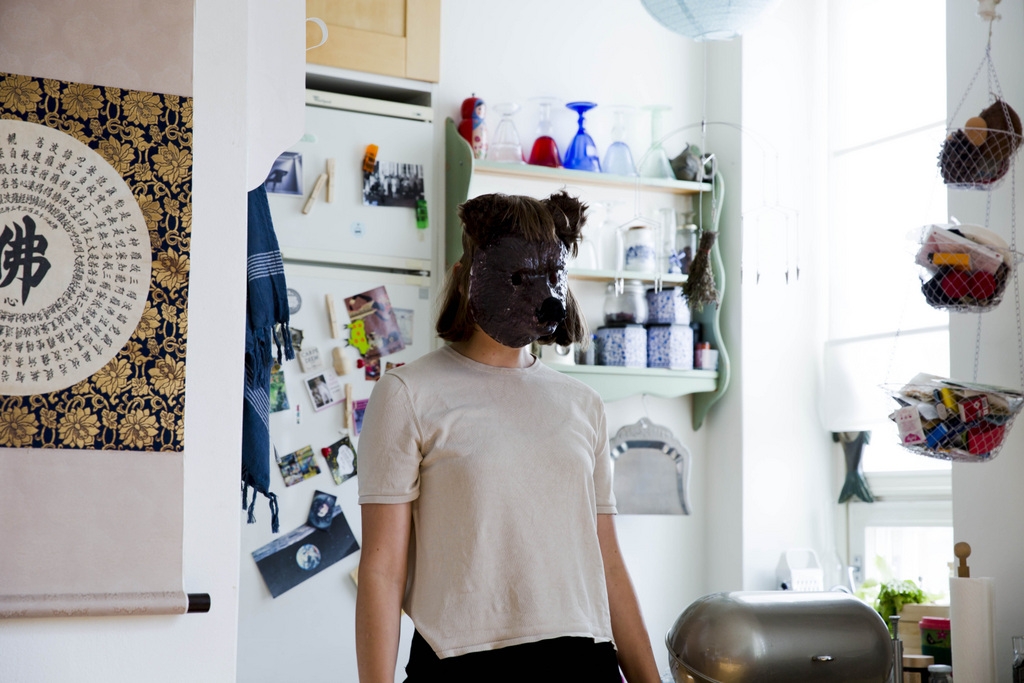

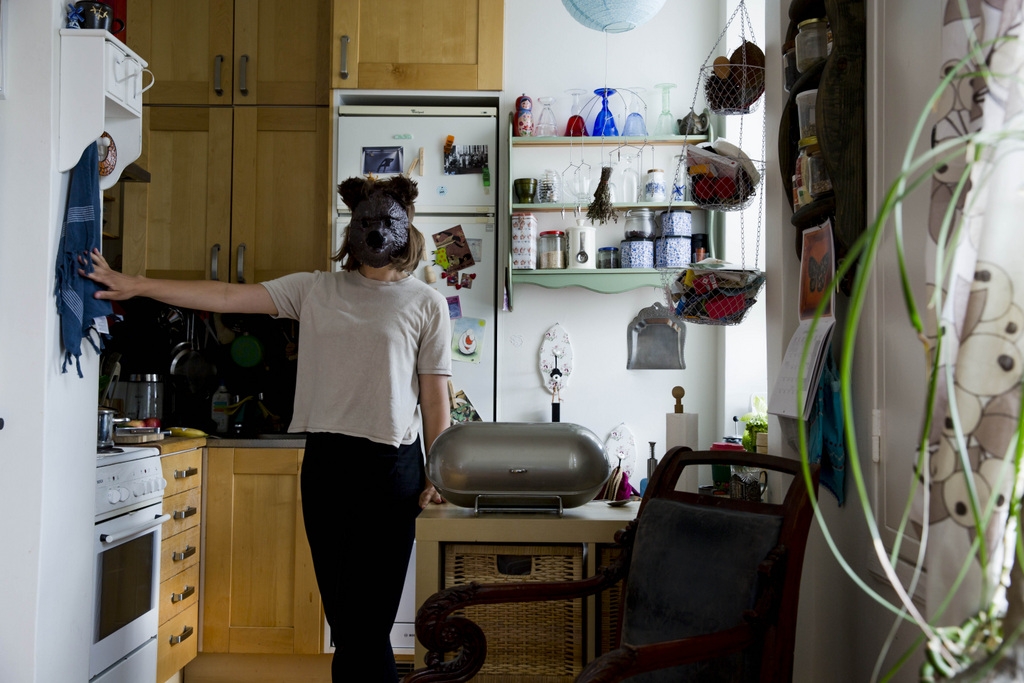
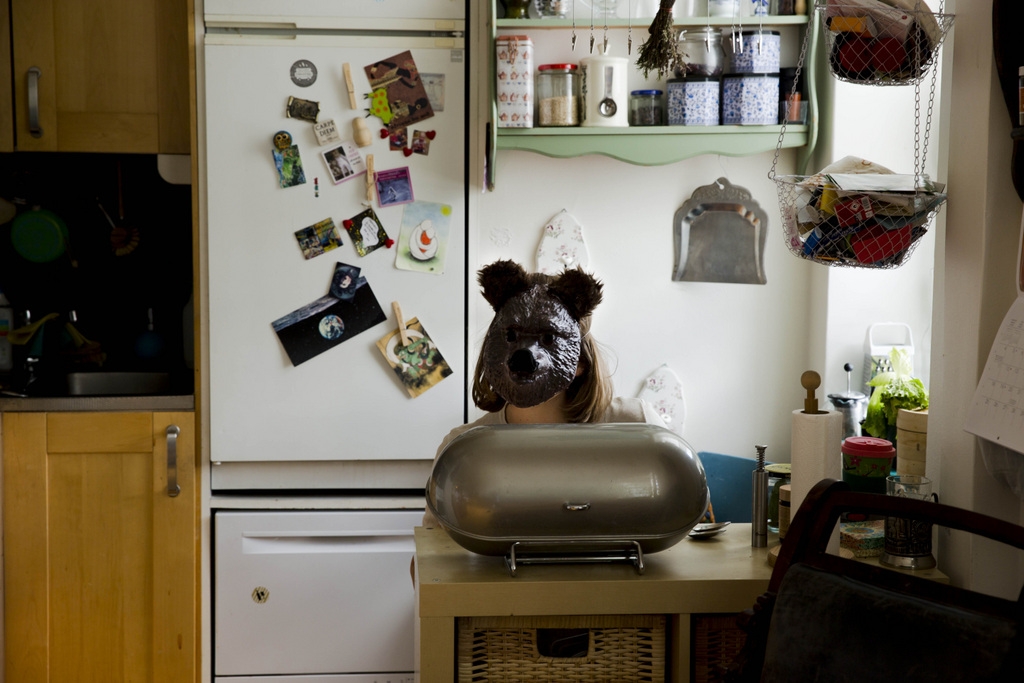
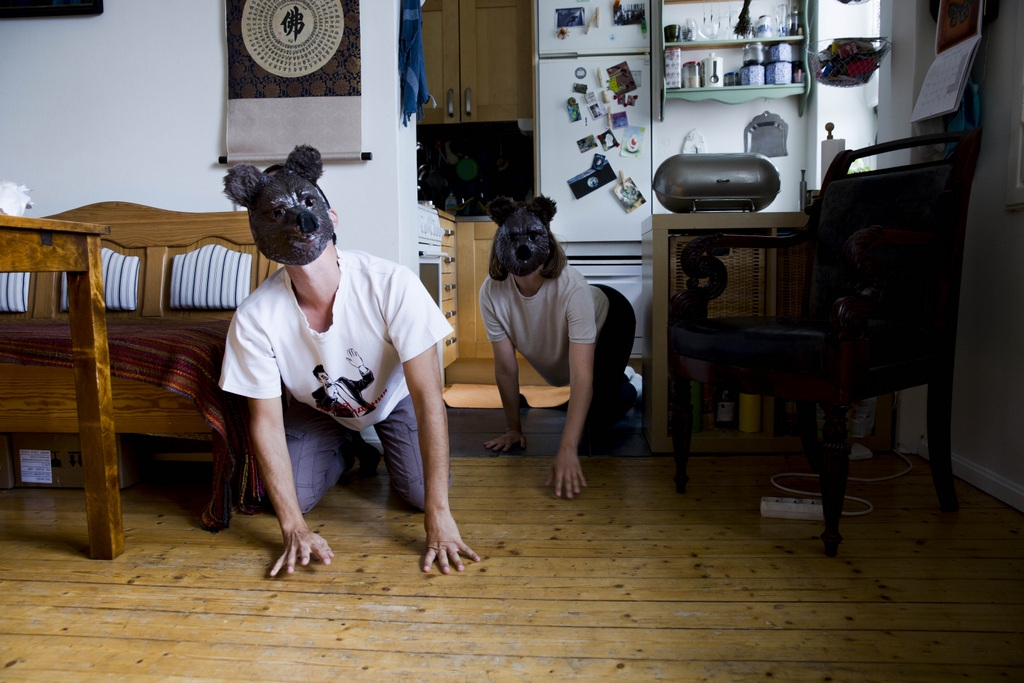
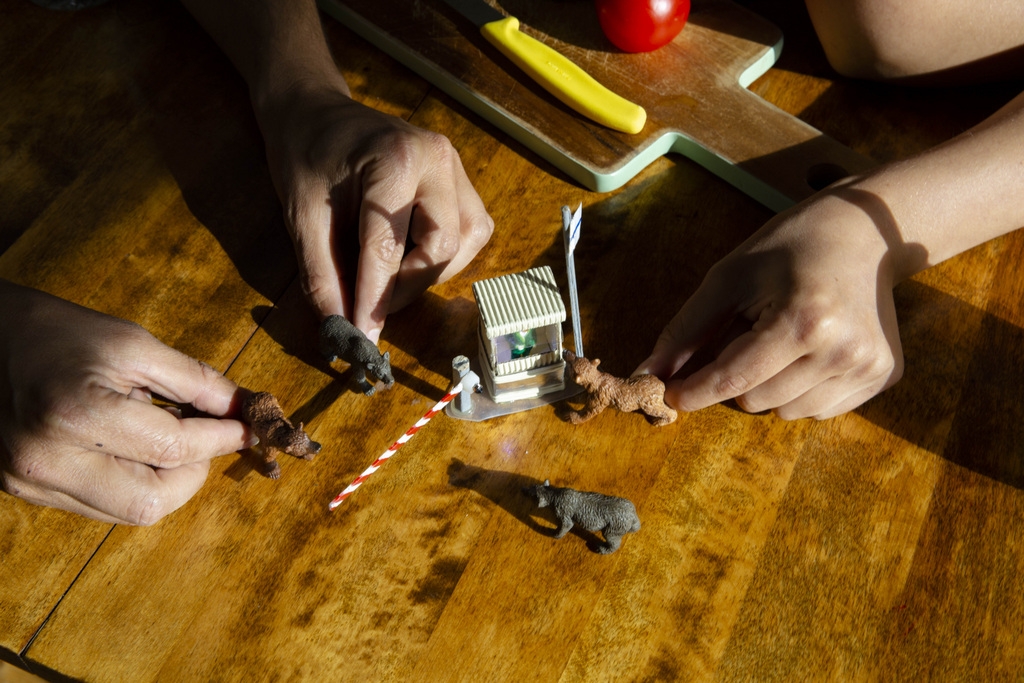
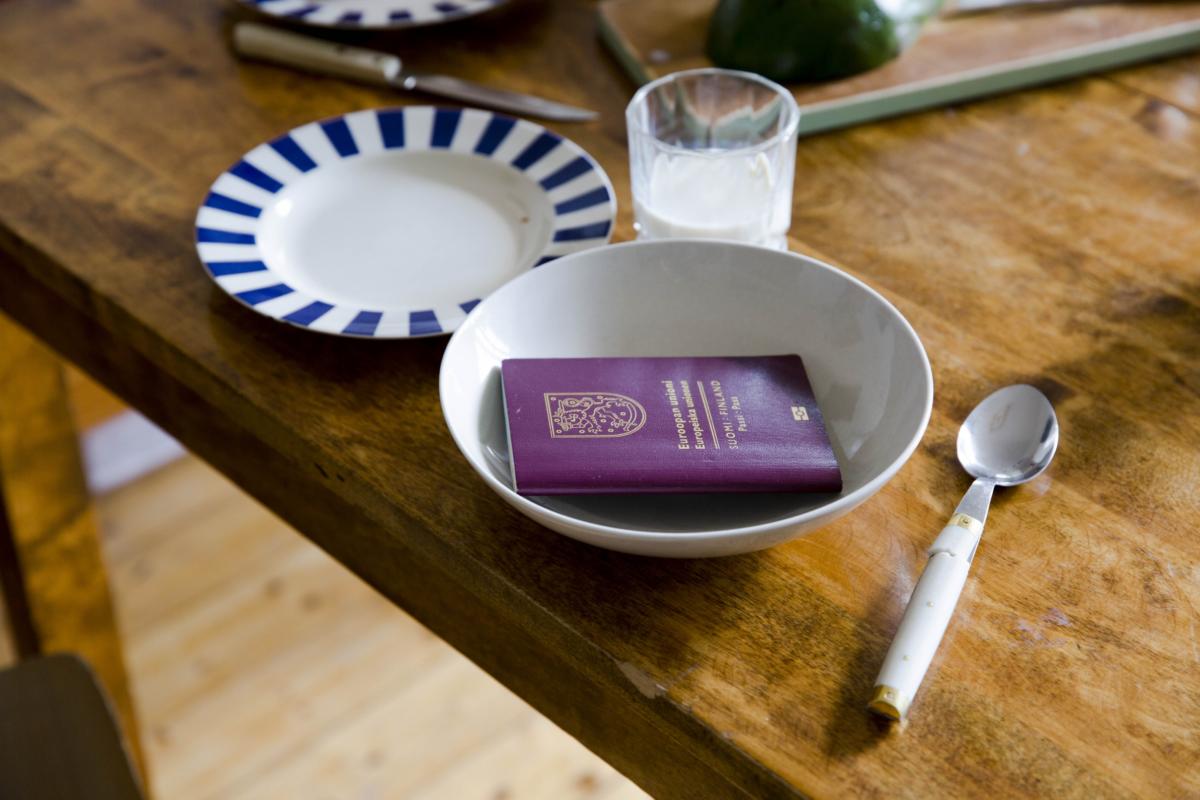
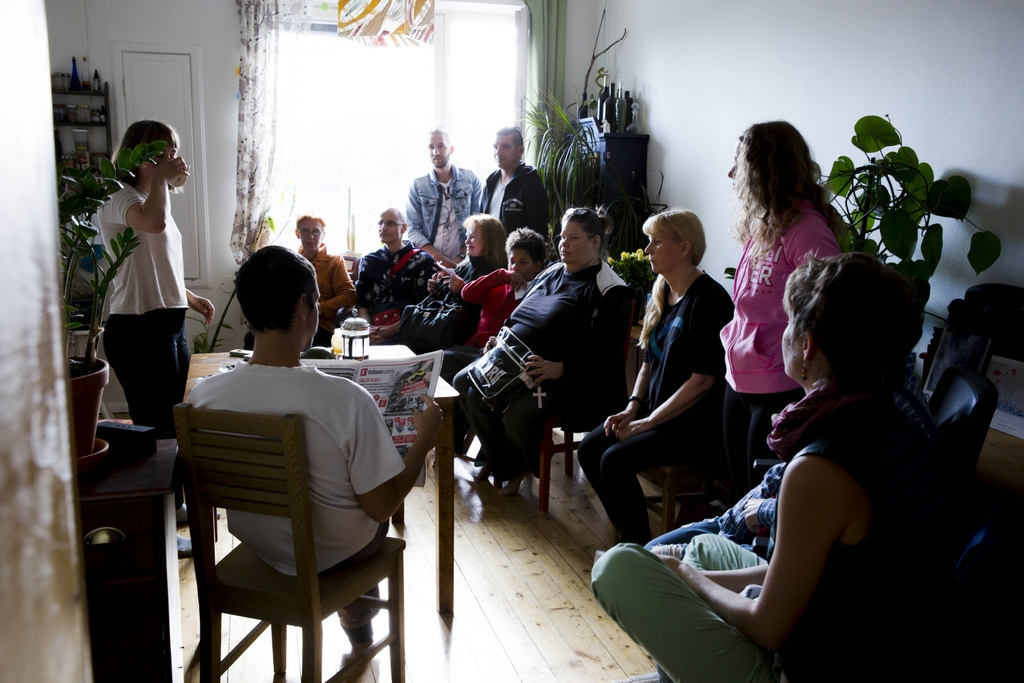
By looking at the Russian-Finnish context, the project curators intend to facilitate a discursive platform to contribute to the studies of global processes of migration and its local implications, rethink concepts of citizenship, state and statelessness and the role of art in creating social connections. Tuning into particular voices from this new flow of roamers, as well as analyzing their professional and personal circumstances, TOK curators address the definition of a ‘new global class’ for whom ‘the nature of space and time becomes increasingly malleable, mutable, and sometimes indistinguishable’ (Matthew Poole). Technology development, changing conditions of labor and new understanding of work and leisure make it possible for more and more representatives of the creative class to live in two or more countries and comprehend nuances of local political apparatuses in a critical manner. We’re also interested in migration strategies of contemporary art and academic professionals and their experiences of applying their knowledge and expertise in a foreign context. Upon reaching a certain level of recognition and professionalism, Russian academics and artists often feel that they can have more opportunities in the international art scene or academia. In reality transferring one’s knowledge and becoming a part of a professional circle in a different country appears more challenging and painful than they expect. In the course of The Russian Bar we plan to discuss a pool of ideas, tactics and experiences that might be helpful for professional newcomers not only in Finland but also other countries.
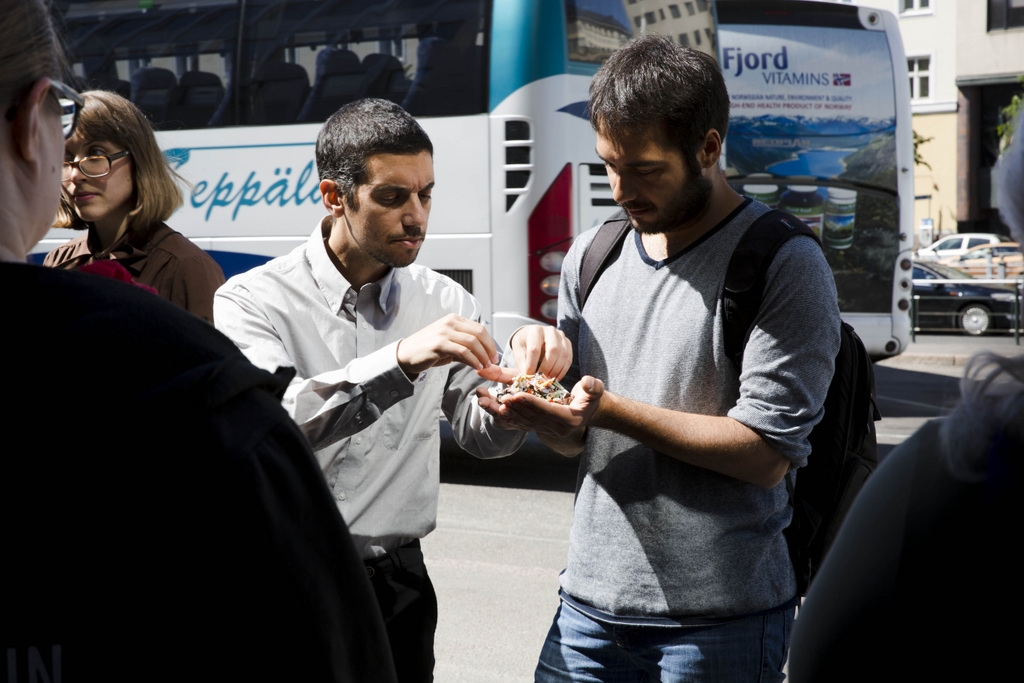
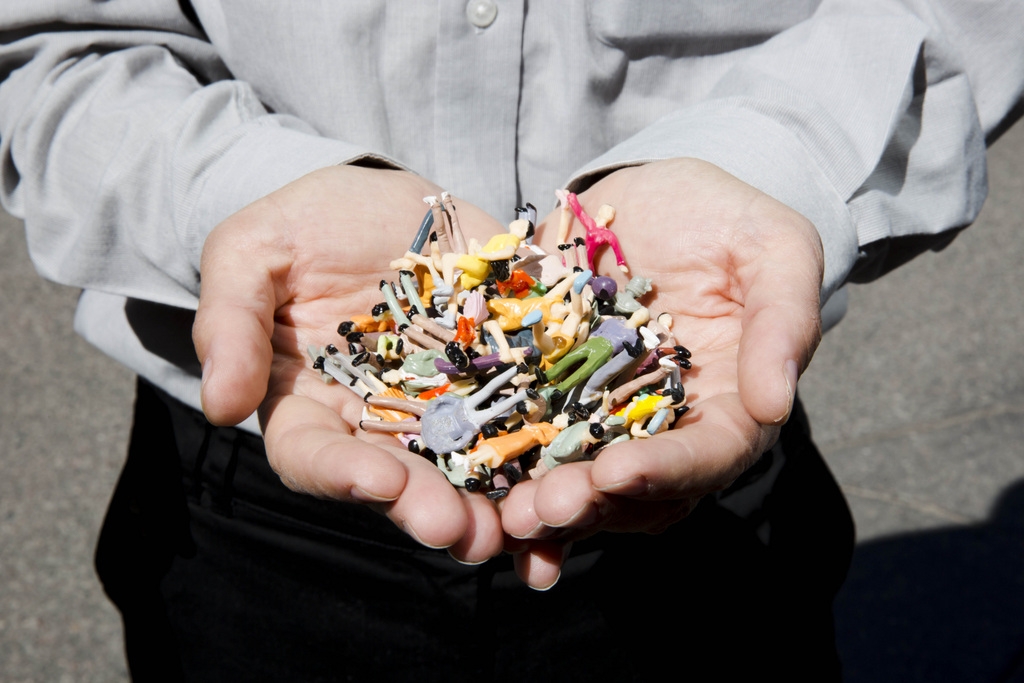

Searching for non-governmental, non-bureaucratic, non-institutional, non-official and non-formal languages TOK will bring under the umbrella of The Russian Bar artistic projects and results of academic research that reflect upon regional and global particularities by revising history, analyzing educational systems, media processes, migration policies, legislative systems and governmental programs as well as relations between locals and newcomers. With the project, TOK also raises a question about extending borders of curatorial practice: they see The Russian Bar as an instrument for self-reflection and conceptualization of a new political reality.

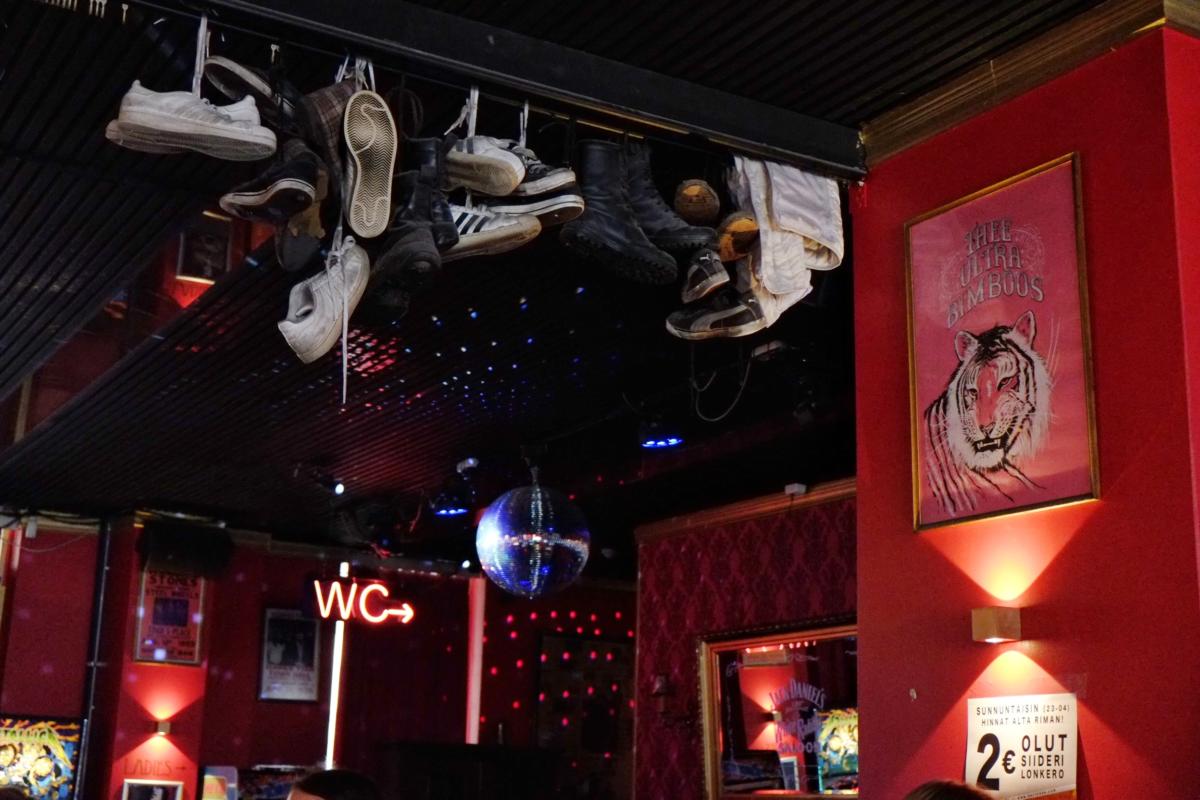
The project title ‘Russian Bar’ comes from the historical tendency for bars and cafes to turn during transitional times into political spaces where informal and heated conversations take place, and where radical revolutionary and creative ideas are born. As opposed to kitchens in the 1970s in the former USSR, in Russia, bars became new spots for informal discussions about politics when after the presidential elections in 2012 more people started to engage in politically charged discourse. This new tendency is especially typical for St Petersburg, the ‘bar capital of Russia’, where TOK is from. Following the tradition of bar hopping, The Russian Bar events program will be traveling from one venue to another in order to embrace as many different spaces, audiences and themes to be raised and discussed as possible. The chosen spaces relate to the theme of each event and include art venues, community centers, city squares, sacred spaces, bars and even a private apartment.
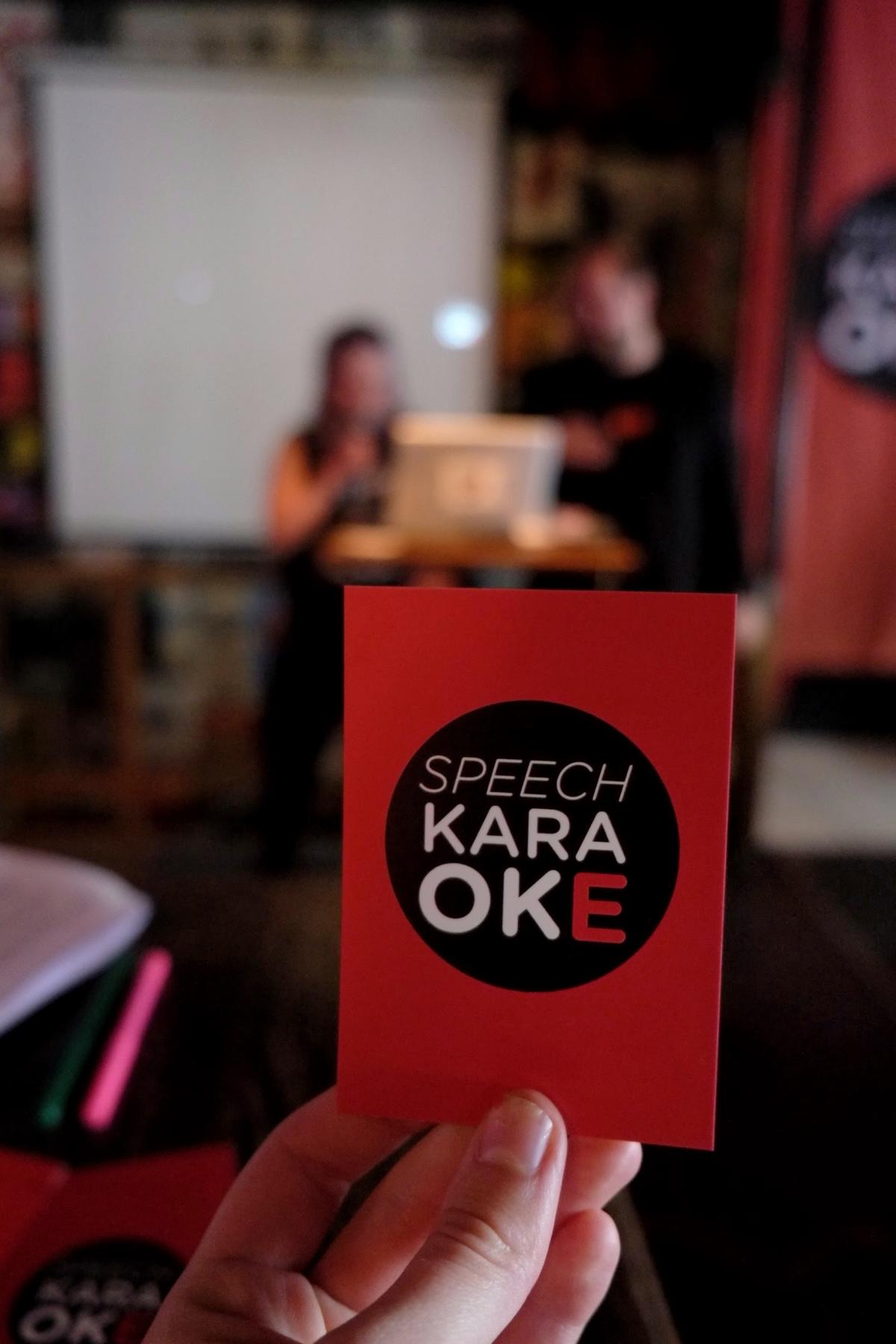
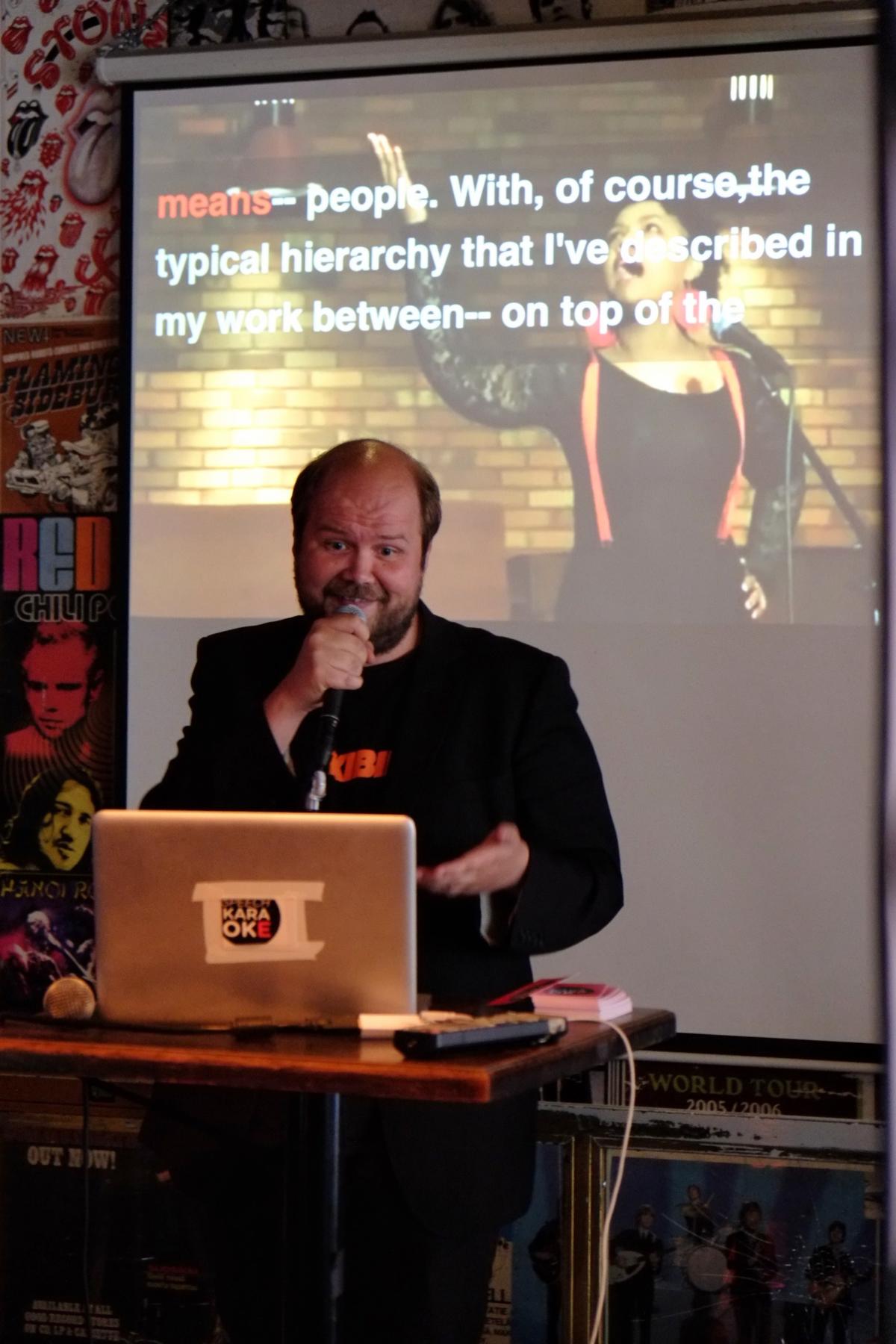
The project will be conducted throughout 2018-beginning of 2019 and will result in a publication that will include interviews, articles and information about the project participants and their works. The Russian Bar in Helsinki is the pilot project of TOK about Russians living outside of Russia.
Imprint
| Artist | Alina Belishkina and Vera Kavaleuskaya, Sezgin Boynik, Ilya Budraitskis, Livsmedlet theater (Ishmael Falke and Sandrina Lingren), Kalle Hamm, Minna Henriksson, Katarina Lopatkina, SashaPasha, Ilya Orlov, Kseniya Yurkova |
| Exhibition | The Russian Bar: Why Relocate? New approaches to neighborliness and interchange |
| Place / venue | Helsinki, Finalnd |
| Dates | 2018-2019 |
| Curated by | Creative Association of Curators TOK |
| Website | tok-spb.org |
| Index | Alina Belishkina and Vera Kavaleuskaya Creative Association of Curators TOK Ilya Budraitskis Ilya Orlov Kalle Hamm Katarina Lopatkina Kseniya Yurkova Livsmedlet theater (Ishmael Falke and Sandrina Lingren) Minna Henriksson SashaPasha Sezgin Boynik |
